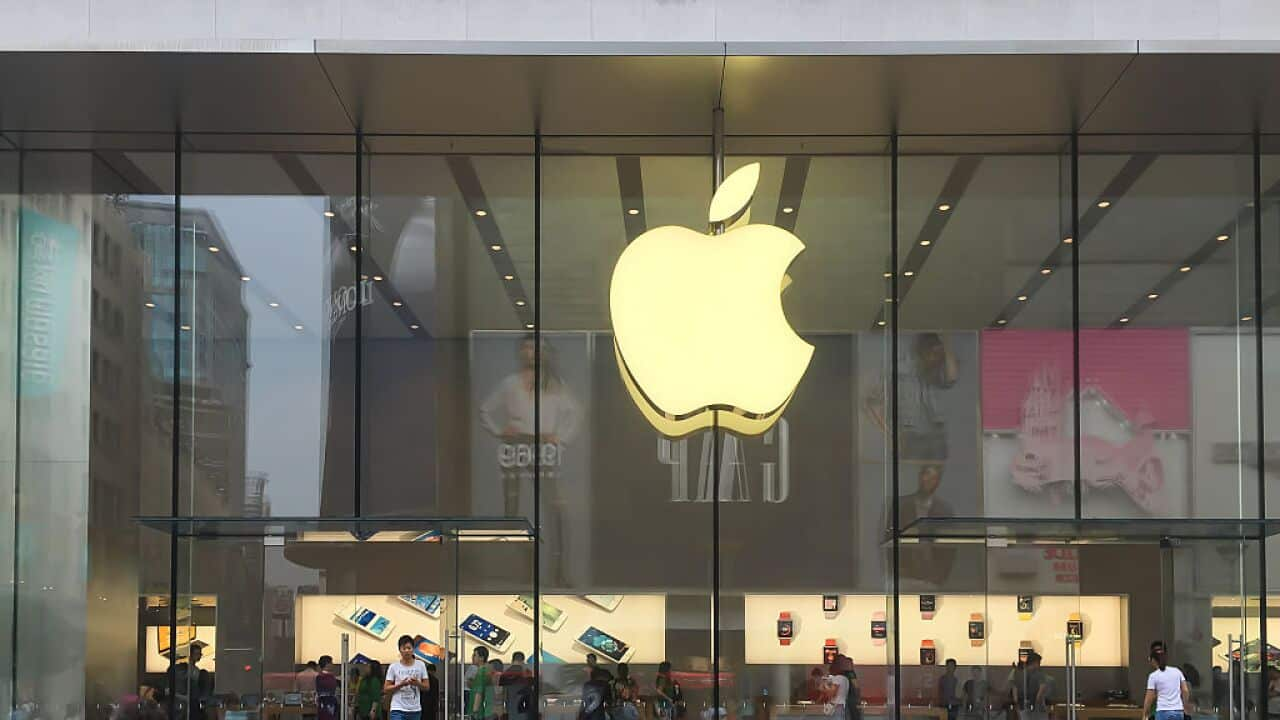It's not the smartphones themselves but what children miss out on as a result of using them, according to Louis J. Kraus who specialises in child and adolescent psychiatry at the Rush University Medical Center in Chicago, US.
"What you're missing in regards to family life. What you're missing in regards to getting your homework done.
"What you're missing in regards to school, using the phones under desks where you're not supposed to use them. What you're missing in regards to live social interactions," he said.
"These are the things that once they're missed, once they're gone, it's very hard with kids to be able to replace it.
"Once you missed periods of social development, you can't come back and make them up. And these phones are causing there to be a change in regards to social development of children. And we don't have a full understanding of how that's going to impact them."
His comments come after two shareholders of Apple urged it to study the impact of smartphones on children.
"There is a growing body of evidence that, for at least some of the most frequent young users, this may be having unintentional negative consequences" on their health, said Jana Partners LLC and California State Teachers' Retirement System (Calstrs) in a letter sent to Apple dated January 6.
The "growing societal unease" over the intensive use of smartphones by children is "at some point is likely to impact even Apple", they warned.
The two shareholders, which between them own about $2 billion in Apple shares, called on Apple to develop additional means for parents to restrict the use of mobile phones by their children.
They said confronting this issue now would enhance the value of the firm in the long-term for all shareholders.
Bloomberg said an Apple spokesman declined to comment on the letter, which was first reported by the Wall Street Journal.
Apple already provides parental controls on iPhones that allow restricting access to certain apps and content.
The letter represents a new source of pressure on Apple, after being forced to apologise last month for slowing down the performance of older iPhone models.
Consumer groups had accused the tech giant of slowing down the older models to encourage purchase of newer models, but Apple said it was to optimise performance of phones with older batteries and cut the price of replacing the battery.

